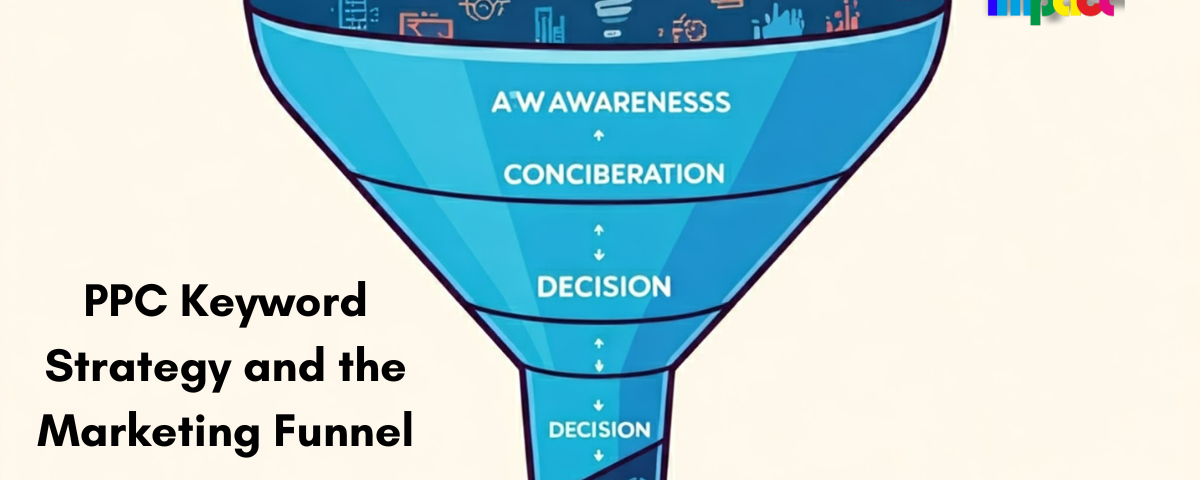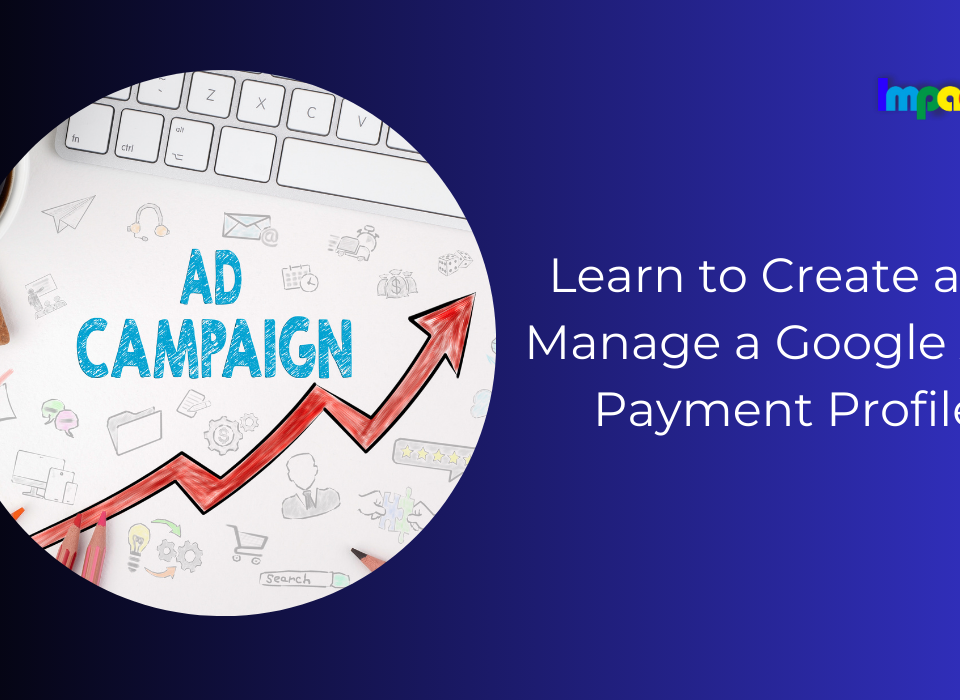Pay-per-click (PPC) advertising can be a powerful engine for driving traffic and conversions, but only if your campaigns are laser-focused on the right audience. The key to unlocking PPC success lies in a smart keyword strategy, one that aligns with how your potential customers search and their position in the buying journey. This means understanding search intent and how it connects to each stage of the marketing funnel.
Table of Contents
What is Search Intent?
Simply put, search intent is the why behind a user’s search query. What are they hoping to achieve when they type something into Google? Are they looking for information, trying to find a specific website, ready to make a purchase, or comparing different options?
Here’s a breakdown of the main types of search intent:
- Informational: The user wants to learn something. (e.g., “how does PPC work?”)
- Navigational: The user wants to find a specific website or location. (e.g., “impactlinq blog”)
- Transactional: The user is ready to buy or take action. (e.g., “best PPC software for small business”)
- Commercial Investigation: The user is researching and comparing options before making a decision. (e.g., “PPC vs. SEO”)
Understanding search intent is crucial for PPC because it allows you to target the right people with the right message at the right time.
The Marketing Funnel and Keyword Strategy
Think of the marketing funnel as the journey a customer takes from initial awareness of your brand to a final purchase. Each stage of this journey requires a different approach to keyword targeting:
1. Awareness Stage
At this stage, people are just discovering they have a problem or need. Your goal is to reach them with broad keywords related to their pain points and your industry.
- Keyword Examples: “grow my online business,” “increase website traffic,” “digital marketing strategies”
2. Consideration Stage
Now, potential customers are actively exploring solutions. Your keywords should be more specific, reflecting their research and comparison process.
- Keyword Examples: “PPC management services,” “benefits of Google Ads,” “PPC campaign optimization tips”
3. Decision Stage
This is where the magic happens! Users are ready to buy, and your keywords should reflect that strong purchase intent.
- Keyword Examples: “hire PPC expert,” “PPC agency pricing,” “best PPC tools for e-commerce”
Tips for Effective Keyword Targeting
- Utilize Keyword Match Types: Experiment with broad, phrase, and exact match types in your campaigns to control how closely your keywords match user searches.
- Conduct Thorough Keyword Research: Leverage tools like Google Keyword Planner, SEMrush, and Ahrefs to discover relevant keywords, analyze search volume, and assess competition.
- Spy on Your Competitors: See what keywords your competitors are bidding on to identify new opportunities and gain insights into their strategies.
- Don’t Forget Negative Keywords: Exclude irrelevant terms to refine your targeting, improve ad relevance, and reduce wasted ad spend.
- Monitor and Adjust: Continuously track your campaign performance and make adjustments to your keyword strategy based on the data.

Funnel Examples helps you to get idea:
Example 1: E-commerce Store Selling Organic Skincare Products
- Awareness:
- Keywords: “natural skincare routine,” “benefits of organic skincare,” “common skin problems”
- Content: Blog posts about skincare tips, infographics on harmful chemicals in conventional products, social media posts highlighting the benefits of organic ingredients.
- Ads: Display ads on beauty blogs and websites, video ads showcasing glowing skin testimonials.
- Consideration:
- Keywords: “best organic face cream,” “organic anti-aging serum,” “sensitive skin products”
- Content: Product comparison guides, customer reviews, detailed product descriptions with ingredient lists and benefits.
- Ads: Search ads targeting specific product categories, retargeting ads for website visitors who viewed product pages.
- Decision:
- Keywords: “buy organic face wash,” “discount code for [brand name],” “free shipping organic skincare”
- Content: Limited-time offers, free shipping promotions, bundle deals, customer loyalty programs.
- Ads: Shopping ads featuring product images and prices, remarketing ads with exclusive discounts for cart abandoners.
Example 2: SaaS Company Offering Project Management Software
- Awareness:
- Keywords: “improve team productivity,” “project management challenges,” “effective collaboration tools”
- Content: Ebooks on remote work best practices, blog posts about common project management pitfalls, webinars on team communication strategies.
- Ads: LinkedIn ads targeting project managers, sponsored content on industry publications.
- Consideration:
- Keywords: “best project management software,” “project management software comparison,” “free project management tools”
- Content: Case studies showcasing successful projects, feature comparison charts, free trial offers.
- Ads: Search ads for specific software features (e.g., “Gantt chart software”), retargeting ads with demo videos.
- Decision:
- Keywords: “[software name] pricing,” “[software name] reviews,” “buy [software name]”
- Content: Customer testimonials, detailed pricing pages with FAQs, live chat support.
- Ads: Bottom-of-funnel search ads with strong calls to action (e.g., “Start your free trial today”), personalized email offers.
Example 3: Local Dental Practice
- Awareness:
- Keywords: “dentist near me,” “family dental care,” “common dental problems”
- Content: Blog posts about oral hygiene tips, social media posts with patient testimonials, local SEO optimization.
- Ads: Local service ads on Google Maps, display ads on community websites.
- Consideration:
- Keywords: “teeth whitening services,” “dental implant cost,” “invisalign providers”
- Content: Before-and-after photos of dental procedures, detailed service pages with pricing information, patient education resources.
- Ads: Search ads for specific dental services, retargeting ads for website visitors who viewed service pages.
- Decision:
- Keywords: “book dental appointment online,” “dental emergency,” “new patient special offer”
- Content: Online booking forms, contact information with clear call to action, special offers for new patients.
- Ads: Click-to-call ads, appointment reminder emails.
By incorporating these examples into your article, you’ll provide readers with concrete illustrations of how to align their PPC keyword strategy with the different stages of the marketing funnel. This will make the concepts more tangible and easier to apply to your own businesses.
Aligning your PPC keywords with search intent and the marketing funnel is essential for driving qualified traffic, maximizing your return on ad spend, and achieving your business goals.
Want to dive deeper into keyword research? Reach us for more!



